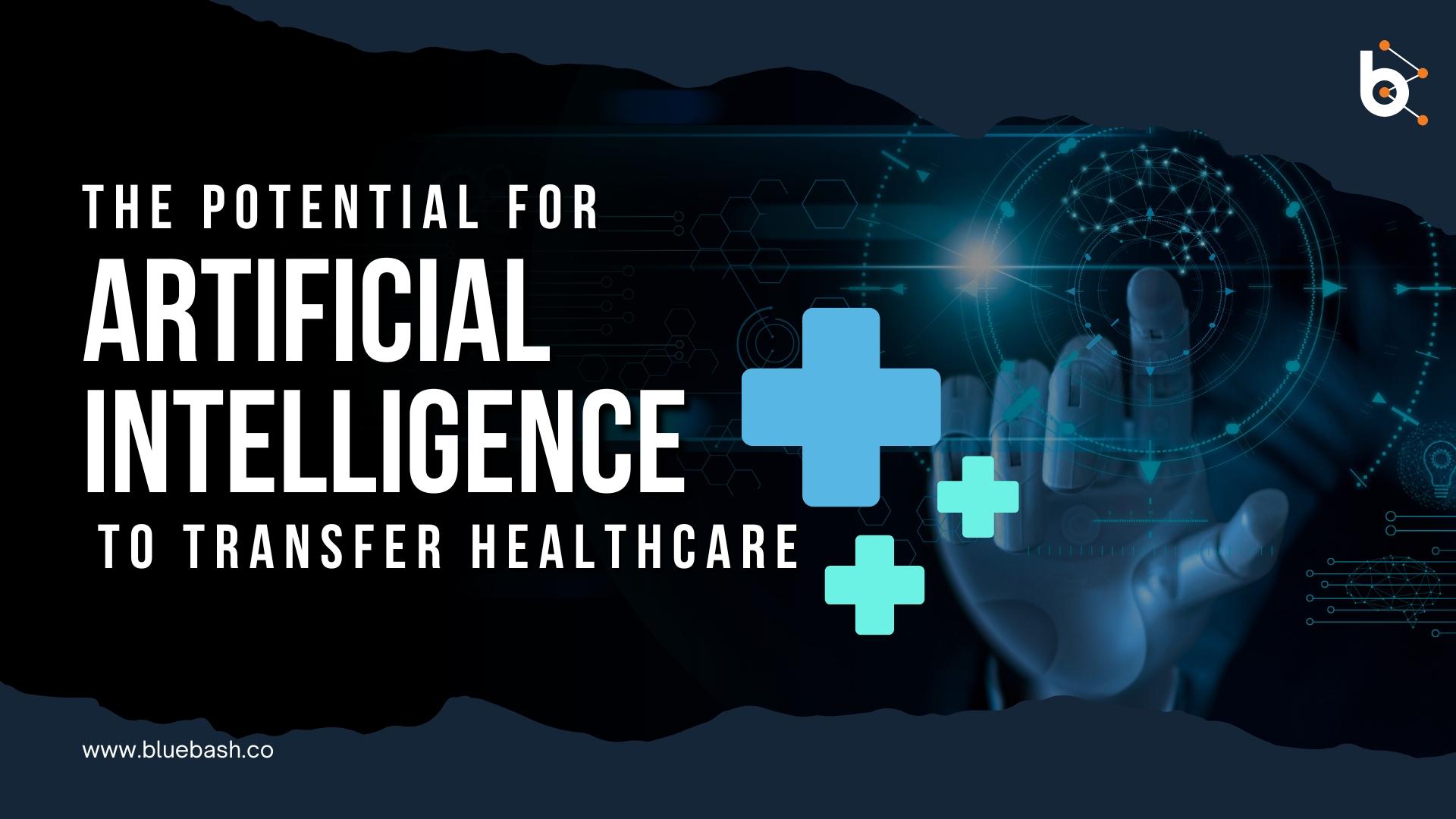Artificial Intelligence (AI) has emerged as a pivotal force in healthcare, driving significant advancements and innovations. As the industry evolves, the integration of AI services in healthcare is proving to enhance efficiency, improve patient outcomes, and revolutionize decision-making processes This blog explores the impact of AI in healthcare, highlighting its benefits and the transformative role it plays in shaping modern medical practices.
The Rise of AI in Healthcare
AI in healthcare is not just a futuristic vision; it is a present-day reality that is dramatically changing the landscape. From advanced diagnostics to personalized treatment plans, AI technologies are empowering healthcare providers to deliver better, more efficient care. Machine learning algorithms, natural language processing, and predictive analytics are key components of this transformation.
AI’s ability to process vast amounts of data quickly and accurately is one of its most significant advantages. This capability enables the development of predictive models that forecast patient outcomes, recommend treatments, and suggest preventative measures. As AI technologies continue to evolve, their applications in healthcare are becoming increasingly sophisticated and impactful.
Benefits of AI in Healthcare
- Enhanced Diagnostic Accuracy: AI algorithms are capable of analyzing medical images and data with a level of precision that often surpasses human capabilities. This leads to more accurate diagnoses and earlier detection of conditions, ultimately improving patient outcomes.
-
Personalized Treatment Plans: AI enables the creation of personalized treatment plans by analyzing individual patient data, including genetic information, medical history, and lifestyle factors. This tailored approach ensures that treatments are more effective and better suited to each patient’s unique needs.
-
Predictive Analytics: AI services in healthcare include predictive analytics, which help healthcare providers anticipate patient needs and potential health issues before they arise. By analyzing historical data and current health trends, AI can identify at-risk patients and recommend proactive interventions.
-
Improved Operational Efficiency: AI can streamline various administrative tasks, such as appointment scheduling, billing, and medical record management. This leads to more efficient healthcare operations, reducing the burden on staff and allowing them to focus on patient care.
-
Enhanced Patient Engagement: AI-powered virtual assistants and chatbots offer patients easy access to information, support, and appointment scheduling. These tools improve patient engagement and satisfaction by providing timely and personalized responses to their needs.
-
Advanced Drug Discovery: AI accelerates the drug discovery process by analyzing vast amounts of data to identify potential drug candidates and predict their effectiveness. This speeds up the development of new treatments and therapies.
How AI is Shaping Decision-Making in Healthcare
-
Data-Driven Insights: AI helps healthcare professionals make informed decisions by providing data-driven insights. By analyzing large datasets, AI can uncover patterns and correlations that might not be apparent through traditional methods. This information supports evidence-based decision-making and enhances the quality of care.
-
Real-Time Monitoring and Alerts: AI systems can monitor patient data in real time and provide alerts for any significant changes or anomalies. This enables healthcare providers to respond promptly to potential issues, improving patient safety and outcomes.
-
Streamlined Workflow: AI tools can automate routine tasks and streamline workflows, allowing healthcare professionals to focus on more complex and critical aspects of patient care. This leads to increased efficiency and reduced administrative burden.
-
Enhanced Clinical Decision Support: AI enhances clinical decision support systems by providing recommendations based on a comprehensive analysis of patient data and current medical research. This assists healthcare providers in making more accurate and timely decisions.
-
Integration of Diverse Data Sources: AI can integrate and analyze data from various sources, such as electronic health records (EHRs), wearable devices, and research studies. This holistic view of patient information supports more comprehensive and effective decision-making.
Conclusion
AI is revolutionizing the healthcare industry by offering innovative solutions that enhance patient care, streamline operations, and drive research advancements. The benefits of AI in healthcare are profound, ranging from improved diagnostic accuracy to personalized treatment plans and operational efficiency. As AI technology continues to evolve, its impact on healthcare decision-making and overall patient care will only grow, promising a future where healthcare is more efficient, accurate, and patient-centered.
By embracing top AI companies in healthcare and leveraging AI services in healthcare, providers can unlock new opportunities for improving outcomes and advancing medical knowledge, ultimately leading to a healthier and more efficient world.

